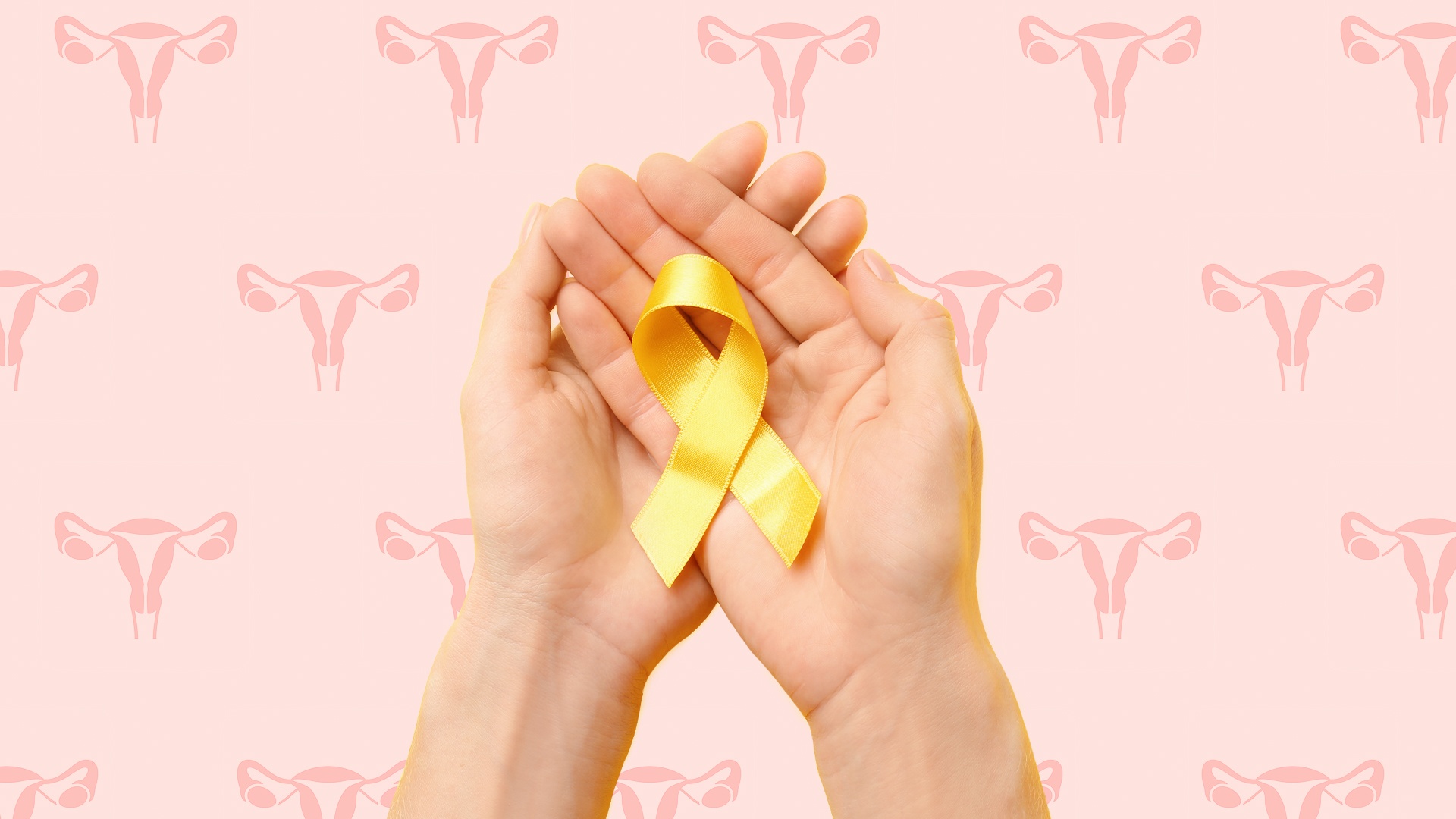Two years, three ultrasound scans, multiple doctor’s appointments and many ‘press two to find out test results’ later, I have received a diagnosis: endometriosis. This condition is one that affects 1 in 10 women and arises when tissue, similar to the lining of the womb, grows elsewhere in the body. Personally, I cannot even spell it yet without autocorrect.
I have since learnt in the process of researching for this article that my experience does not even count for a ‘definitive diagnosis’, according to Endometriosis UK. As a definitive diagnosis can only be determined after a laparoscopy (again, another word that would have me out the door in a Spelling Bee competition). A laparoscopy for those – including me – who didn’t know is when a camera is inserted through an incision in your bellybutton. Yummy. An even crunchier food-for-thought I found was that it takes on average seven and a half years to obtain a ‘firm’ diagnosis of endometriosis. I am, in fact, one of the lucky ones – even if my uterus does not share the same view.
Yet, why is this the case? It’s not uncommon for me to hear stories from my friends of periods leaking through super plus tampons and a night pad in an hour, or horrendous pains that lead them to passing out or throwing up. In fact, it is the opposite of uncommon, it is actually very normal. Even my own symptoms, those of IBS, having to sit down in the bath to urinate due to the feeling of something clawing its way through my urethra, severe painful bloating where I look like a model straight out of M&S’s maternity catalogue and sex that can only be described at times as the intravenous equivalent of friction burn, have been brushed under the rug since I was fifteen. I am now nearly twenty-one.
But for every one of these familiar stories we hear, it is always accompanied by a story of a doctor telling us that this is ‘to be expected’, to ‘just take some paracetamol’ or ‘it is natural for this to happen’. We are fobbed off again and again, a trend that medicine, seen as infallible in its ‘objectivity’, needs to face up to, as its own biases against women and especially women of colour are ignored. Women make up 70% of those with a chronic pain condition yet 80% of studies on pain are carried out on male mice or male humans. For women of colour they do not just have their pain downplayed because of their gender, but, as a 2016 study found, there is an implicit racial bias, leading doctors to ‘systematically undertreat for pain’ for those of colour compared to their white counterparts.
No woman should be suffering this pain. None of us, in an age where they can grow an ear onto a skin graft, should have to suffer every month until we reach menopause. My diagnosis has given me a label, something more solid yes, but I still haven’t been given any information. Instead I have just been told I need to go on the pill. As someone, who has at times not the best mental health, the thought of hormonal contraception in my final stretch of third year is not the most appealing idea. However, other options have not been discussed or even suggested to me.
For others out there, I would like to use this platform in order to go through the symptoms of Endometriosis: extreme bloating, painful and longer periods, potentially some less-than-sexy sex, hormonal troubles like acne or overtiredness and tugging sensations in the stomach.
I would also like to remind those of us with periods that we do not have to just put up with debilitating pain or write off several days of a month because of it! A quick google will provide you information on what to do next and @theendosisters and @theendospectrum on Instagram has helped me understand better what I am facing.
Lastly, I would like to end on a positive note: a new research group at Edinburgh University has been trialling a drug that has seen some very promising results. Although, as with every new medicine this will take a few years before it can become accessible, it is still a breakthrough in a notoriously underfunded and misunderstood field.
If you experience any sort of pain you deem abnormal or recognise anything I have mentioned, or have been diagnosed with endometriosis, this hopefully will give you a little bit more information and guidance on the subject: https://www.nice.org.uk/guidance/ng73/resources/endometriosis-diagnosis-and-management-pdf-1837632548293
Header image credit: sheknows

